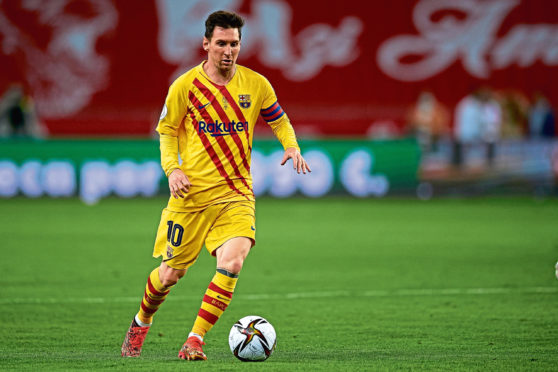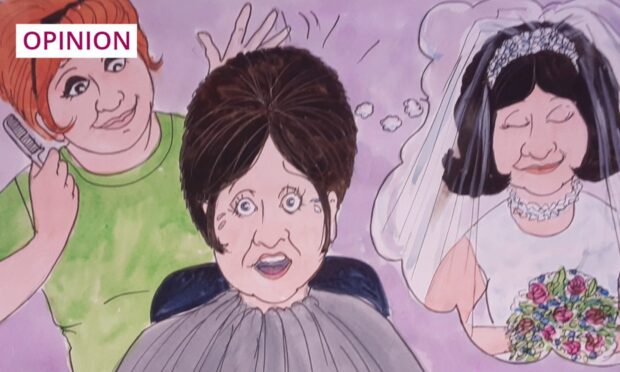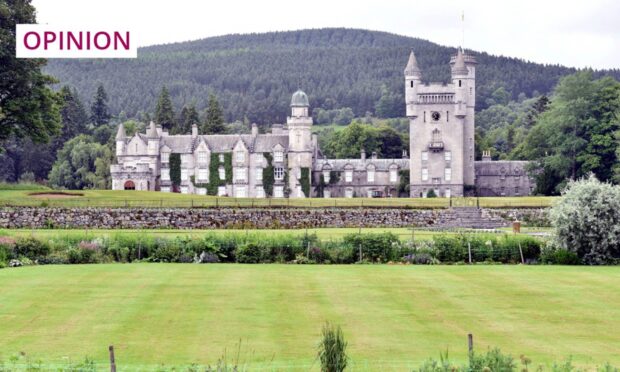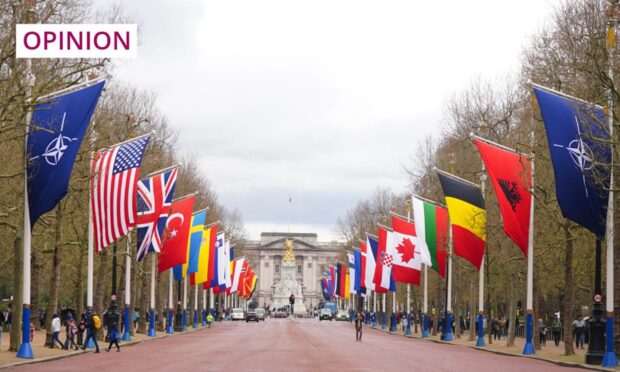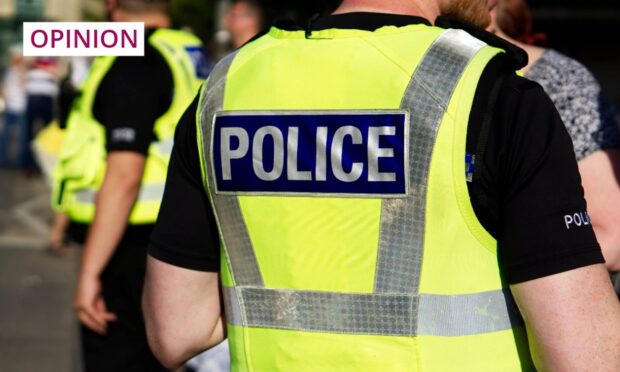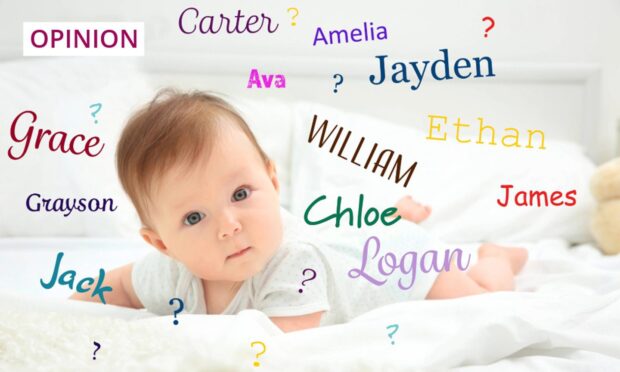They think it’s all over – it is now.
The billionaire owners of England’s top football clubs – “the big six” – didn’t expect when they took their first steps on the yellow brick road towards the fortunes they craved, that the people they cared less about – the fans – would revolt in the way they did. Now, that road has crumbled beneath their feet.
At £3 billion a pop for a joining-up fee for the select few, the proposed European Super League was attractive.
What a boost that would have been for clubs like Juventus and Barcelona, up to their shin-guards in debt.
Well, that’s what happens when you agree to pay star players like Barca’s Lionel Messi £70 million a year or Cristiano Ronaldo of Juventus, whose club is £80m in the red, £30m annually.
Football at the highest level is all about the TV money, sponsorship and corporate cash that brings in unimaginable riches.
Meanwhile, the fans are required to pay their admission money, create an atmosphere and buy club merchandise.
The bosses of the dozen European outfits, who were ready to press the button on the ESL move, loved the idea that billions of their chosen currency would simply swirl around their little world of football with no fear of relegation.
Gordon “Greed is Good” Gekko would have been proud of them.
If Manchester City owner Sheikh Mansour is crazy enough to allow the club’s annual wage bill to hit £351m, little wonder he and his cohorts sought a bigger slice of the soccer cake.
The level of opposition to the formation of the ESL from every corner of society demonstrated to club proprietors, who do not live in this country, that football is no ordinary business.
Just ask those with fat wallets who have bought into Scottish clubs and bowed out with bruised egos, lighter bank balances and last year’s club tie.
World football’s governing body, FIFA, weighed in with their condemnation, but it is impossible to empathise with them given their history of scandal and corruption.
It wasn’t so long ago that their president, Sepp Blatter, and a clutch of his cronies were turfed out of office after being caught with their fingers in the FIFA till, while UEFA, the body in charge in Europe, keep introducing new tournaments, not for the benefit of supporters, but to keep the cash flowing in.
The fury from the fans of the clubs prepared to hop on the gravy train was to be expected, but one day they’ll wake up and recognise they are way down the pecking order in the thoughts of the Americans, Russian, Chinese, Middle Eastern and Thai owners of the teams they follow.
Sturgeon’s ‘apology’ a little late in coming
Nicola Sturgeon’s recent admission (with the benefit of hindsight, she says) that she made a mistake by discharging elderly people from hospitals to care homes early in the Covid crisis, is a breakthrough.
We didn’t actually hear an apology, although we can be sure how the loved ones of the 3400 who died in care, perhaps unnecessarily, will feel about this “error”.
But why did it take Ms Sturgeon so long to offer her mea culpa?
Now that it’s confession time, when will she bare her soul on her decisions surrounding a whole catalogue of failings during her seven years at the Holyrood helm?
Or will we hear the usual “we will learn from our mistakes” while we’re asked to swallow the next wave of pre-election promises?
Meanwhile, Scottish Labour leader Anas Sarwar makes another pledge to do something about the Aberdeen Nine, currently lingering in political limbo while they serve a suspension by their party for joining their Tory colleagues as part of Aberdeen City Council’s administration.
I have the feeling Sarwar will simply wait until head office in London lifts the ban before he says: “I intended intervening. I just didn’t have the time.”
Had he felt strongly enough about this matter, he should have flexed his Scottish leadership muscles by now.
Aberdonians mean? I rest my case, m’lud
Do you remember the old joke about places being as deserted as Union Street on a flag day?
Best speak to someone who remembers that characterisation of the meanness of Aberdonians.
Now there’s a 21st Century version of the gag.
Traffic at Bridge of Don, where drivers queued for a 50p cup of Costa coffee to mark the chain’s half-century anniversary, caused gridlock and proved that Granite City citizens can be as grippy as Ebeneezer Scrooge on steroids.
If Glasgow is “No Mean City” Aberdeen is the “Tightest Town”.
